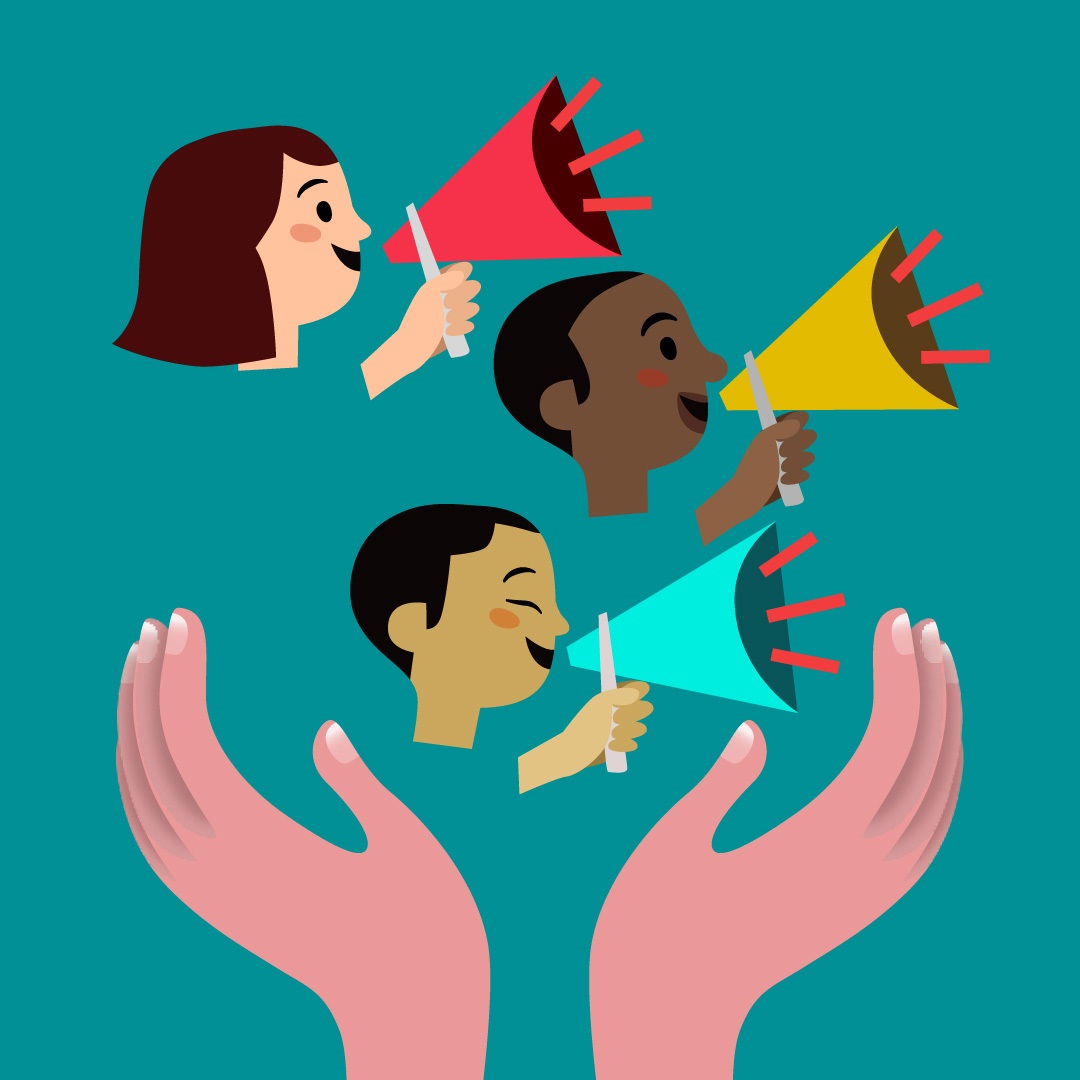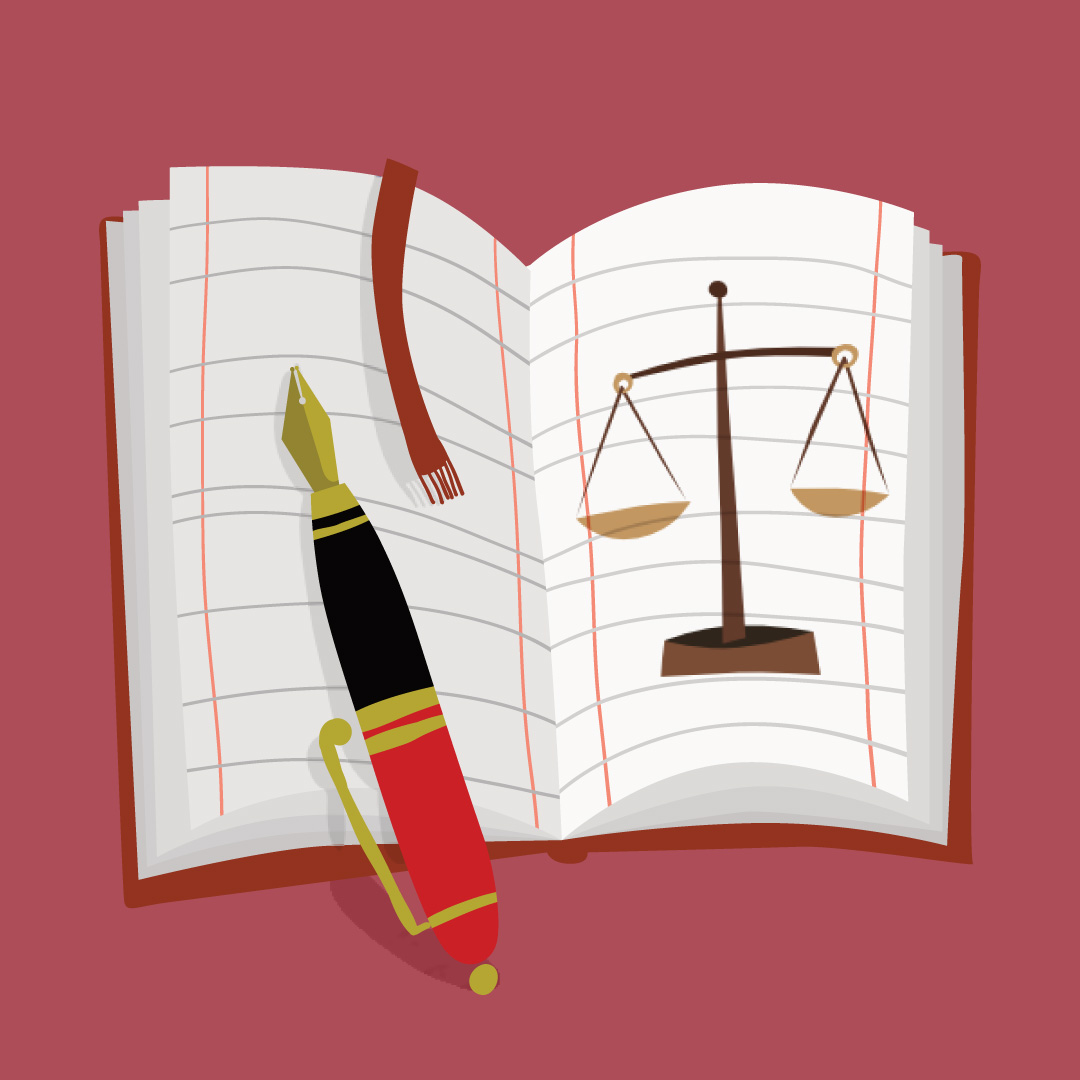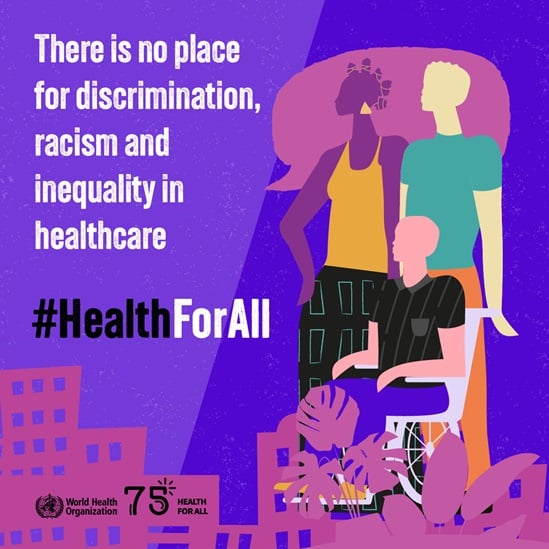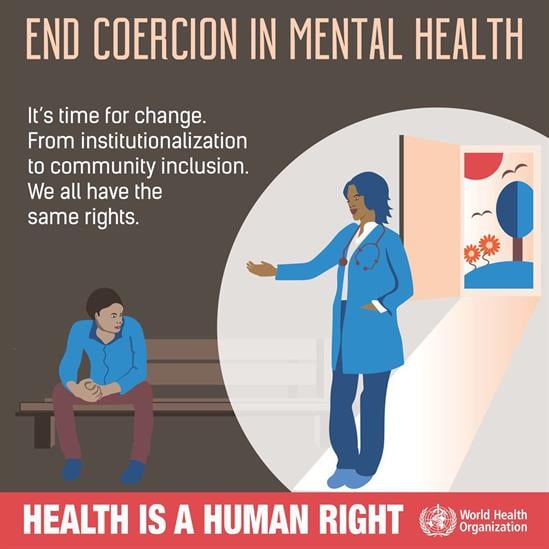Updated: 30 September 2022

Manuela Leporesi
©
Credits
Tips and information
• Everyone should be able to raise and discuss their health concerns, such as with government, health providers and others
• Governments have a duty to listen to people’s feedback on health
• Those who are responsible for health services must say why some things have not been done
• Those who are responsible for health services must be open and honest about what has gone wrong
• The official accountability system can be used to help people get answers and ensure action is taken to put things right
• Public meetings and hearings led by citizens are other ways people can discuss their issues and ideas about health
• People can also share their concerns about health through a representative who is elected, such as a local councillor or a member of parliament
• Media such as newspapers, radio and television and social media are other ways people can share their ideas and concerns about health
Related rights
Videos & infographics
All →Question and Answers
All →Factsheets
Publications
All →Report of the 11th Meeting of the WHO Strategic and Technical Advisory Group of Experts for Maternal, Newborn, Child and Adolescent Health and Nutrition, 10–12 June 2025
Report of the tenth meeting of the WHO Strategic and Technical Advisory Group of Experts for Maternal, Newborn, Child and Adolescent Health and Nutrition, 12–14 Nov 2024
Strengthening legal and regulatory frameworks for maternal and perinatal death surveillance and response
Mental health of children and young people: service guidance
Reports
All →Frequently asked questions on sexual and gender diversity, health and human rights: an introduction to key concepts
Launch of the Child Health and Wellbeing Dashboard
Tackling inequalities in public service coverage to "build forward better" for the rural poor
Frontier dialogue consultations on addressing structural racial and ethnicity-based discrimination
Related health topics







